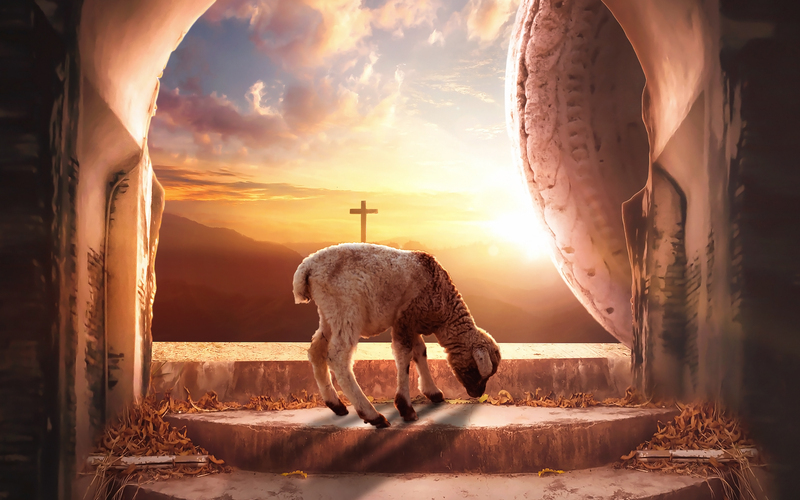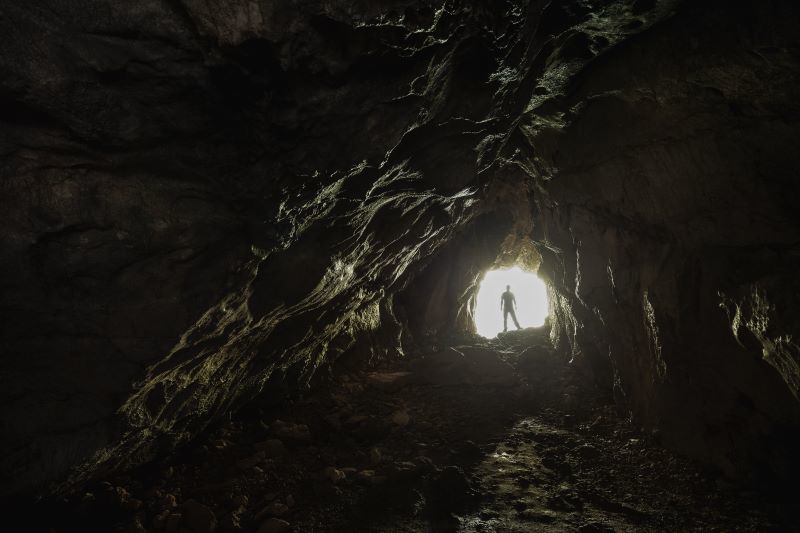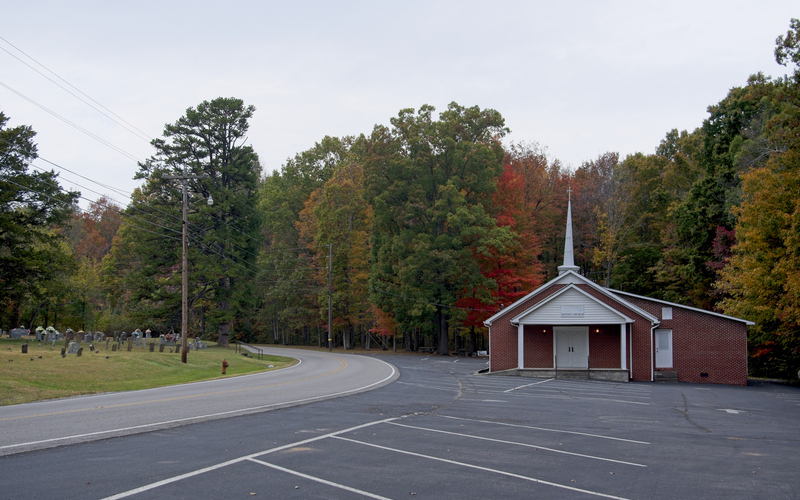Serving Jesus in Hsinchu
Sign up for a six month free
trial of The Stand Magazine!
Taiwan: Wednesday, December 4, 2024
Truly, truly, I say to you, unless a grain of wheat falls into the earth and dies, it remains alone; but if it dies, it bears much fruit. He who loves his life loses it, and he who hates his life in this world will keep it to life eternal. If anyone serves Me, he must follow Me; and where I am, there My servant will be also; if anyone serves Me, the Father will honor him (John 12:24-26).
On Wednesday of our mission trip to Taiwan, our team was on the road again to another “rural” area, Hsinchu (pronounced /shin-zhu/ – or something close to that), where we were scheduled to meet with Minister S to go on a prayer walk that morning and then make our first translated Christmas presentation to the children in her church’s after-school program that afternoon. But first, a little history …
With the Chinese Communist government’s victory over the Republic of China (1949), Christian missionaries were expelled from the country. Since many supporters of the Chinese revolution had already moved to Taiwan, a number of missionaries also relocated to the island, including some associated with the Sweden-based denomination with which Minister S and Pastor M (from my July 10 blog) are affiliated. According to Minister S, her denomination’s mission philosophy is to go to places and people who are “undesirable.” In the 1950s, that description applied to both Hsinchu and the people who lived there. Hsinchu is now a city of about 80,000 people. Called the “Silicon Valley of Taiwan,” it is known for its technology and numerous colleges. But Hsinchu then was little more than a settlement of Hakka-speaking people.
Hakka (which means “guest people”) is both a language and a culture that originated in mainland China, where many Hakka remain. Today, people of this ethnic origin are spread across the globe, and due to assimilation into other cultures, the language is disappearing. Thankfully, there is now “a sizable number” of Hakka Christians in the world, according to Joshua Project, but “one of the places where the gospel has not caught up with [the Hakka] is Taiwan.”
The Hakka people in Taiwan are believed to have first emigrated from the mainland in the 1600s. They are considered Taiwan’s second-largest ethnic group, though they are still a minority; they have faced persecution and are often looked down upon as “second-class citizens.” The area around Hsinchu is still home to many of the island’s Hakka people, and Minister S’s congregation is one of about 20 churches affiliated with the Swedish denomination.
Sunday School
During the pandemic, Minister S was invited to lead one of the churches in Hsinchu; the congregation of about 20 had been without a leader for seven years, and Minister S stepped into that role. One day, soon after accepting that invitation, she was outside working in the small garden on the church grounds when a little boy saw her through a gap between the fence and the wall. Minister S talked with him briefly and invited him to come inside. He told her he would be back in a few minutes, and when he returned, he brought two other children with him. Through that short interaction, Minister S began a Sunday School class that meets on Saturdays; it has since grown to more than 20 children. Because of this outreach, the church gained a reputation as a trusted, “family-friendly” resource, which paved the way for another opportunity to serve.
After-school program
The Taiwanese government sponsors after-school programs for children like those wandering the streets near Minister S’s church. These students generally do not thrive in school, so the programs provide funds for tutors to assist the children with their studies. When government officials discovered an established and reputable connection with the children in that area, they enrolled the church in the program, allowing Minister S to reach more children.
Red-Light District
When Minister S was in high school, God put it on her heart to reach out to the people in red-light districts, one of which she already knew was located near the church she currently serves. But because the church had been without a leader for so long, Minister S knew they first had to become healthy as a church before they could minister to the red-light district. Then, in September 2023, Tera from Pearl Family Garden (see blog from May 29) contacted Minister S about her church becoming a partner in their ministry in the red-light district. This was the confirmation Minister S needed, so she presented the idea to her leadership team. Although they did not fully understand this ministry, they were not against it either. So, in conjunction with Pearl Family Garden, Minister S began to hold special outreach events related to holidays. And by the time one year had passed, in September 2024, Minister S had seven other people serving alongside her.
And that brings me back to our day in Hsinchu.
Minister S took us on a prayer ride before the children arrived for the after-school program. As we passed by specific areas, we prayed for immigrant factory workers, Minister S’s congregation, and the military base where she serves as a chaplain.
And we prayed for the red-light district, which was very different from the others we saw in Taiwan. Instead of “the ladies” standing around on the sidewalks, bodyguards stood in front of establishments as gatekeepers to the prostitutes; anyone who wished to have contact with the women must go through these bodyguards. So, when Minister S and her team began their foray into the area, they also began to minister to the men and soon found that they could leave gifts or even gospel tracts to be passed along to the women behind the doors.
Lydia said: “Even the bodyguards – they need the gospel! A lot of times, we talk about the red-light districts – like, the ladies that work. We need to talk about [all] the men involved … not just the men that are … paying for the business!”
After lunch, we made our presentation to the children, who appeared to range from about 5 to 12 years old. Some of them listened intently, others not so intently – just like American children! Afterward, we helped them with some craft time; then they had a short break before heading back inside for their tutoring, and we headed back to Taipei City.
The “undesirables” – whether members of a persecuted minority, unaccompanied children wandering in the streets, women hidden away behind guarded doors, or the men involved in misusing them … they are all people who need the gospel. We are all “undesirable” until Jesus washes us clean.
And whether it’s a 5-service Baptist church in Taipei City or one like Minister S’s (pictured above), which has doubled to 40 members since she arrived, Jesus commissioned His church to carry the gospel to all people groups and all locations.
As Lydia observed, “We have to have different people doing different things” to fulfill that purpose.
I have often heard that “God doesn’t call the equipped; He equips the called.”
God calls every believer to serve Him and share the gospel with the people He places in their lives. No matter what your vocation is, that is a call He has given to His church. Let’s be about the Father’s business!

Sign up for a free six-month trial of
The Stand Magazine!
Sign up for free to receive notable blogs delivered to your email weekly.



















